20 Glowing Skincare Tips for All Skin Types
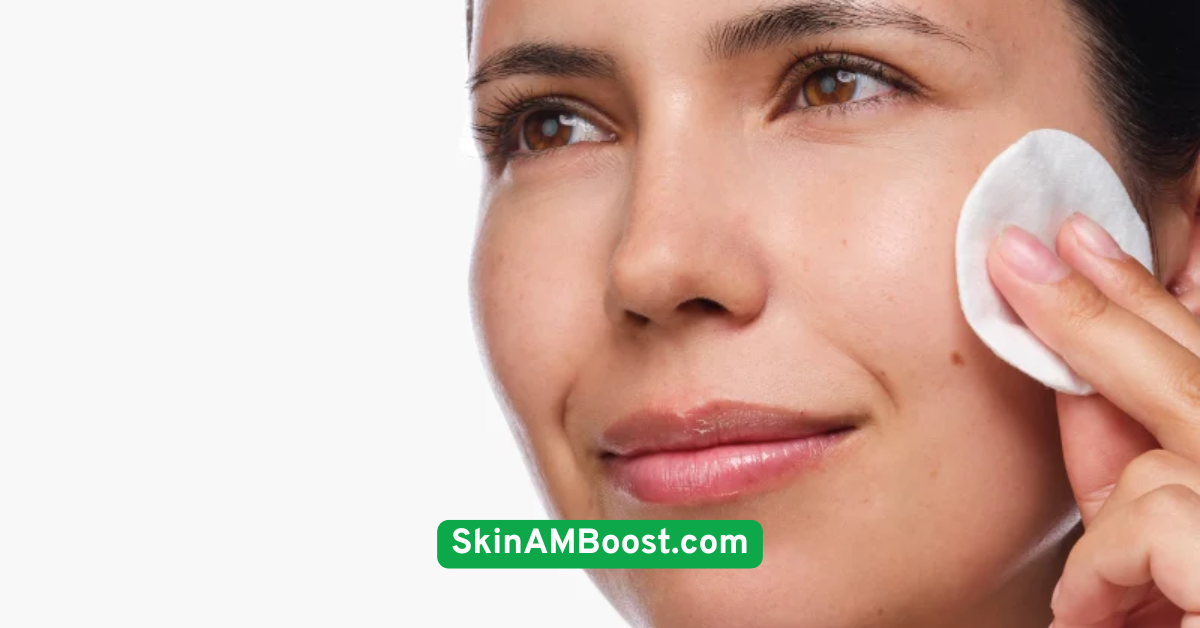
According to a 2024 skincare industry report, more than 70% of people feel more confident when their skin looks healthy and fresh. That glow isn’t just about aesthetics—it reflects hydration, nourishment, and self-care. This guide is packed with 20 easy, dermatologist-informed tips that anyone can apply, no matter your skin type or budget.
-
Cleanse Gently Twice a Day
Cleansing is the foundation of any skincare routine. A gentle cleanser tailored to your skin type removes dirt, oil, and impurities without stripping away natural oils. Over-cleansing or using harsh products can lead to dryness, breakouts, or irritation. Stick to cleansing once in the morning to refresh your skin and once at night to remove the day’s buildup.Choose a cleanser free of sulfates and alcohol. For oily or acne-prone skin, look for ingredients like salicylic acid or tea tree oil. Dry or sensitive skin? Opt for hydrating ingredients like ceramides and glycerin. Always pat dry with a soft towel—rubbing can cause microtears.

-
Always Remove Your Makeup Before Bed
Sleeping in makeup is one of the biggest culprits behind clogged pores, breakouts, and dull skin. Your skin needs time to breathe and renew overnight, and leaving makeup on hinders that process. Use micellar water, a gentle cleansing balm, or oil-based remover to melt makeup away.Follow up with a water-based cleanser to double-cleanse effectively. This ensures every trace of product, sweat, and grime is thoroughly removed, giving your skin the fresh canvas it deserves.
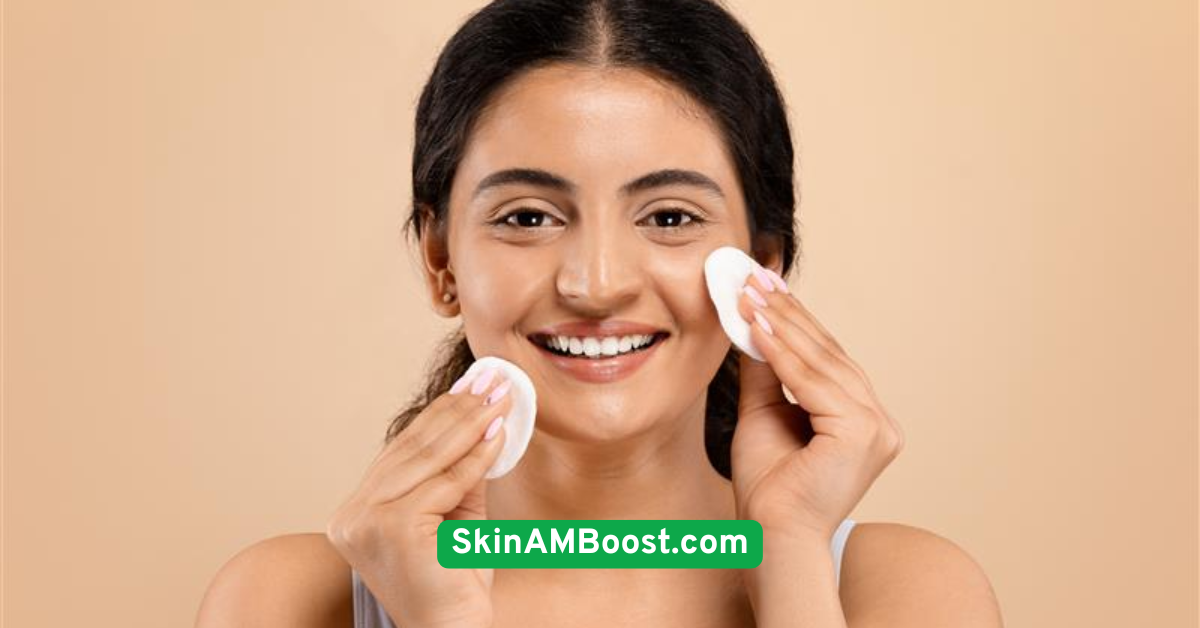
-
Hydrate With a Lightweight Moisturizer
Even oily skin needs hydration! Dehydration can actually increase oil production. Use a lightweight, non-comedogenic moisturizer suited to your skin type. Look for ingredients like hyaluronic acid, niacinamide, and aloe vera.Apply moisturizer on slightly damp skin to lock in hydration. During the day, opt for gel-based or water creams. At night, go for a richer formula to restore moisture while you sleep. Consistent hydration keeps skin plump, smooth, and naturally glowing.

-
Use a Hydrating Toner
A good toner can prep your skin and enhance the effectiveness of your entire routine. Choose alcohol-free toners enriched with calming or hydrating ingredients like rose water, green tea, or hyaluronic acid. These replenish moisture lost during cleansing and balance your skin’s pH.Toners can also refine pores, remove leftover residue, and soothe irritation. Apply using a cotton pad or by gently patting onto the skin with your hands.
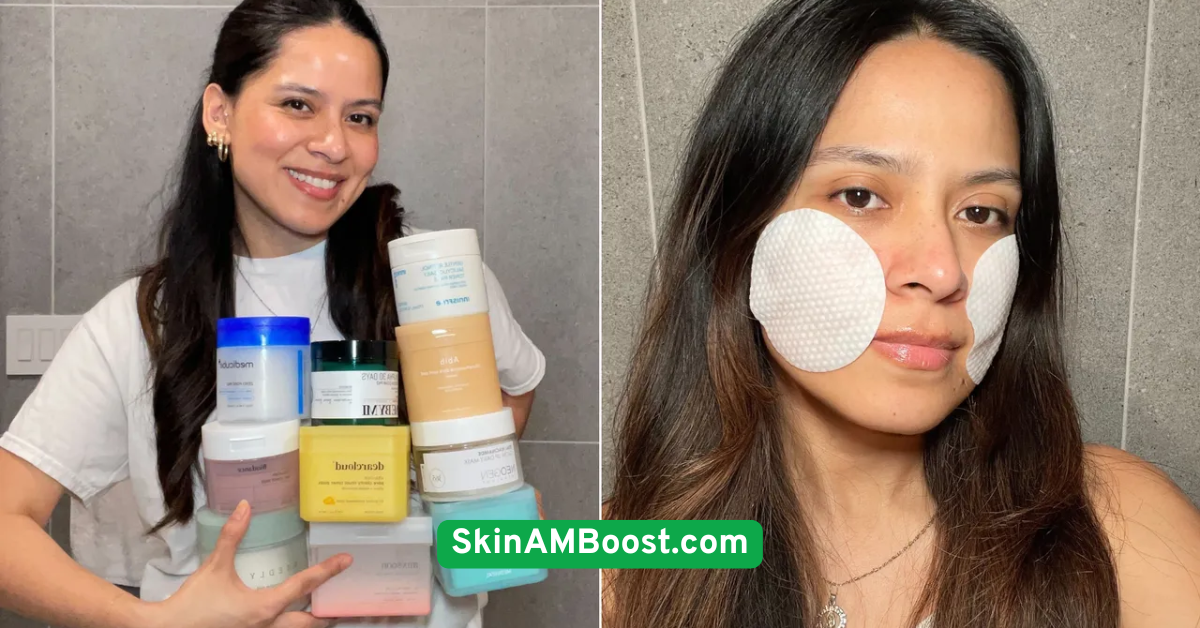
-
Exfoliate Weekly for Brighter Skin
Exfoliation removes dead skin cells and reveals the fresher, more radiant skin underneath. Whether you choose physical exfoliants (scrubs with gentle particles) or chemical ones (like AHAs and BHAs), the key is moderation.Over-exfoliating can lead to sensitivity, redness, and inflammation. Stick to once or twice a week, and avoid using multiple active ingredients in one go. Always follow with a moisturizer to protect the skin barrier.
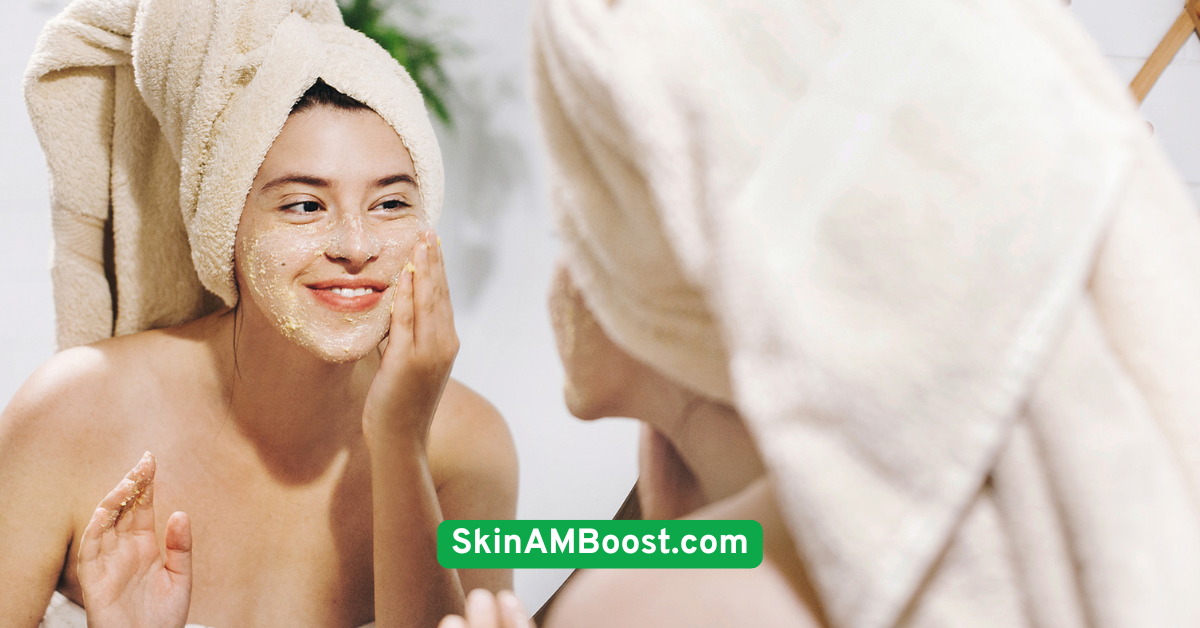
-
Apply Vitamin C Serum in the Morning
Vitamin C is a powerhouse antioxidant that brightens the complexion, evens out skin tone, and combats free radicals from UV exposure and pollution. Use a few drops of a stable vitamin C serum every morning before sunscreen.Look for formulations with L-ascorbic acid and packaging that blocks light and air (like tinted bottles). Vitamin C boosts your skin’s natural glow and promotes collagen production over time.

-
Don’t Skip Sunscreen
The most essential step in any skincare routine? Sunscreen. UV damage is the top cause of premature aging, hyperpigmentation, and dullness. Apply a broad-spectrum SPF 30 or higher daily, even when it’s cloudy or you’re indoors.Choose a sunscreen that suits your skin type. Gel formulas are great for oily skin, while creams work well for dry skin. Reapply every two hours if you’re outdoors. Sunscreen is your best defense against aging and pigmentation.

-
Drink Plenty of Water
Hydration starts from within. Drinking enough water flushes toxins, keeps cells functioning properly, and helps maintain skin elasticity. Aim for 8 to 10 glasses a day—more if you’re active or live in a hot climate.You can infuse your water with cucumber, lemon, or berries for extra antioxidants. When you’re well-hydrated, your skin looks plumper, more youthful, and vibrant.

-
Try a Sheet Mask Weekly
Sheet masks are a quick, fun way to deliver a concentrated dose of hydration and nutrients. Choose masks with hyaluronic acid, aloe vera, niacinamide, or green tea extract depending on your skin’s needs.Apply after cleansing and toning, then follow up with a moisturizer to seal in the benefits. Use once or twice a week for an at-home spa experience that leaves your skin dewy and refreshed.

-
Avoid Hot Water When Washing Your Face
Hot water may feel soothing but it strips your skin of essential oils, leading to dryness and sensitivity. Use lukewarm water instead, which is gentle on your skin and just as effective at cleansing.Always rinse thoroughly and finish by splashing with cool water to tighten pores. Avoid steam directly on the skin unless followed by hydration and protection.

-
Incorporate Face Massage or Gua Sha
Facial massage promotes lymphatic drainage, boosts blood circulation, and helps your products absorb better. You can use your fingers, a jade roller, or a Gua Sha stone with a facial oil.Massaging for even 5 minutes a day can reduce puffiness, define contours, and improve skin tone over time. Plus, it feels incredibly relaxing—a perfect end to your day.
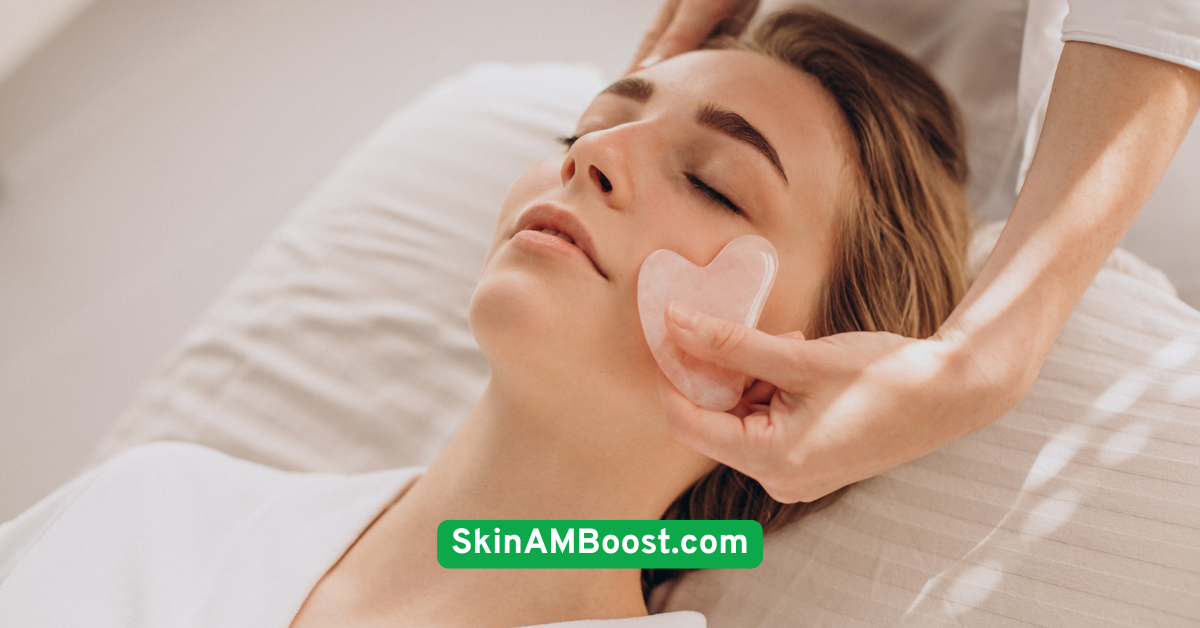
-
Eat More Skin-Friendly Foods
Your skin reflects what you eat. Incorporate foods rich in antioxidants (like berries), omega-3s (from walnuts and flaxseeds), and vitamin E (from avocados and almonds). These support skin repair and hydration.Limit processed foods and sugars, which can spike inflammation and worsen skin conditions. A balanced diet fuels your glow from the inside out.

-
Sleep on a Silk Pillowcase
Cotton pillowcases can tug on the skin and absorb your skincare products. Silk pillowcases are gentler, reducing friction and helping prevent wrinkles and breakouts.They also stay cooler, which benefits inflamed or acne-prone skin. Remember to wash your pillowcase weekly to keep bacteria and buildup at bay.

-
Avoid Overusing Active Ingredients
Actives like retinol, glycolic acid, and salicylic acid are great—but too much can irritate your skin. Start slow: 2-3 times a week and gradually increase frequency.Pair strong actives with hydrating and calming ingredients. Listen to your skin—if it’s red or flaky, dial it back and moisturize generously.

-
Use a Humidifier at Night
Indoor heating and cooling systems can dry out your skin. A humidifier adds moisture to the air, especially during colder months, keeping your skin hydrated while you sleep.Position it near your bed, and clean it regularly to avoid mold. You’ll wake up with softer, more supple skin.
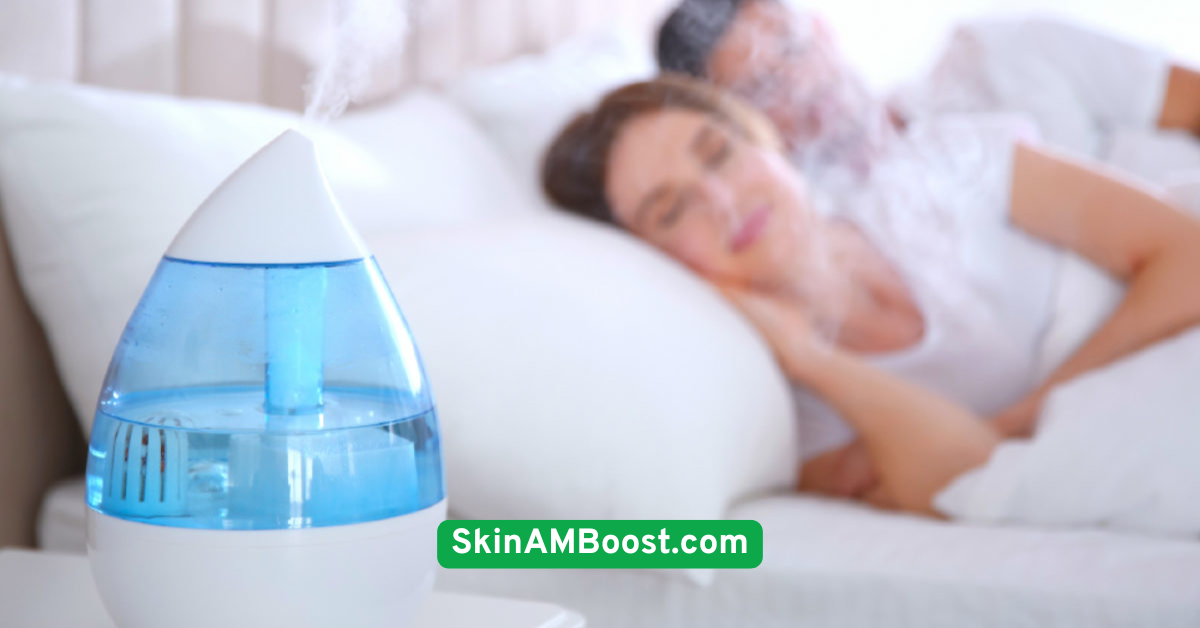
-
Double Cleanse at Night
The double cleanse method ensures your skin is truly clean at the end of the day. Start with an oil-based cleanser to remove makeup and sunscreen, followed by a water-based cleanser for deep cleaning.This two-step routine helps prevent breakouts and prepares your skin for serums and moisturizers. Ideal for those who wear makeup or live in urban environments.

-
Don’t Touch Your Face Frequently
Your hands come in contact with countless surfaces and bacteria throughout the day. Touching your face can transfer germs and oils, leading to breakouts and irritation.Be mindful, especially if you have acne-prone or sensitive skin. Keep your phone screen clean too—it’s another major bacteria carrier.
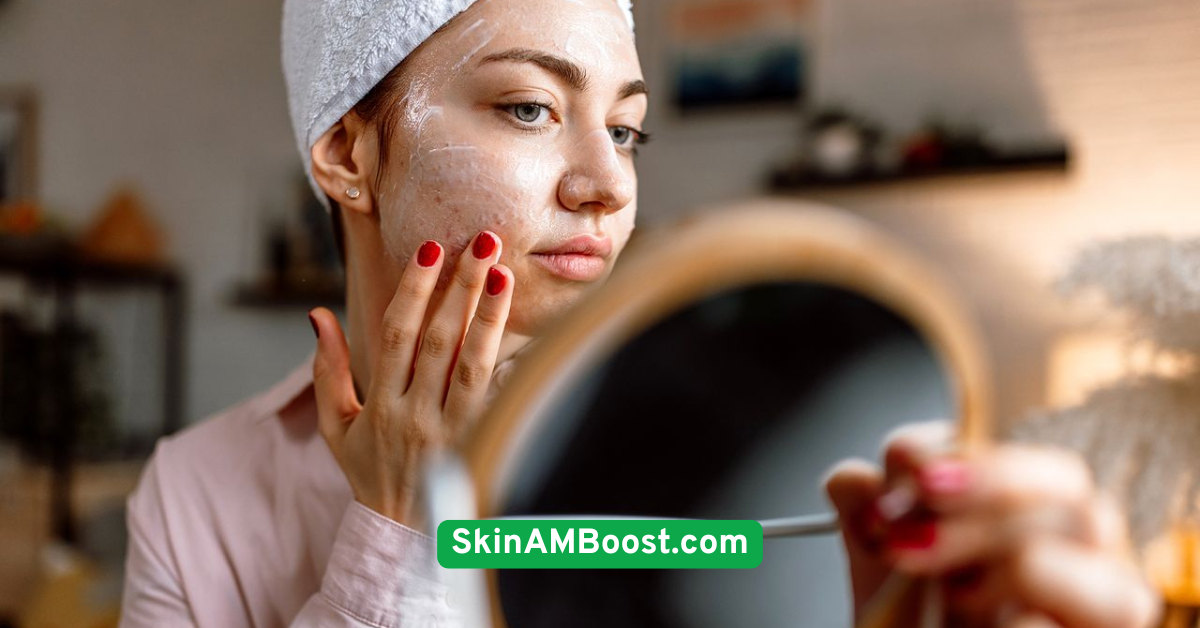
-
Customize Your Skincare by Season
Your skin’s needs change with the weather. Summer may require lighter, oil-controlling products, while winter calls for richer, more protective moisturizers.Pay attention to how your skin reacts to humidity, cold, or wind. Adjust your routine accordingly to maintain balance year-round.

-
Try Natural Oils Like Jojoba or Rosehip
These plant-based oils can be amazing for hydration, scar healing, and overall glow. Jojoba mimics your skin’s natural sebum, while rosehip is rich in vitamin A and fatty acids.Use a few drops as the final step in your routine or mix into your moisturizer. Make sure to patch test before full application.

-
Stay Consistent and Patient
No skincare product works overnight. Stick with your routine for at least 4-6 weeks before expecting visible results. Consistency is key—it allows your skin time to adjust and heal.Track changes, take progress pictures, and don’t stress over every blemish. Glowing skin is a journey, not a race.

Conclusion
Glowing skin isn’t about perfection—it’s about balance, nourishment, and care. Whether you’re a skincare newbie or just looking to enhance your routine, these 20 glowing skincare tips are your toolkit to look and feel your best.
Stay consistent, stay kind to your skin, and remember: every glow-up begins with self-love. Cheers to fresh starts and fresh-faced confidence!





